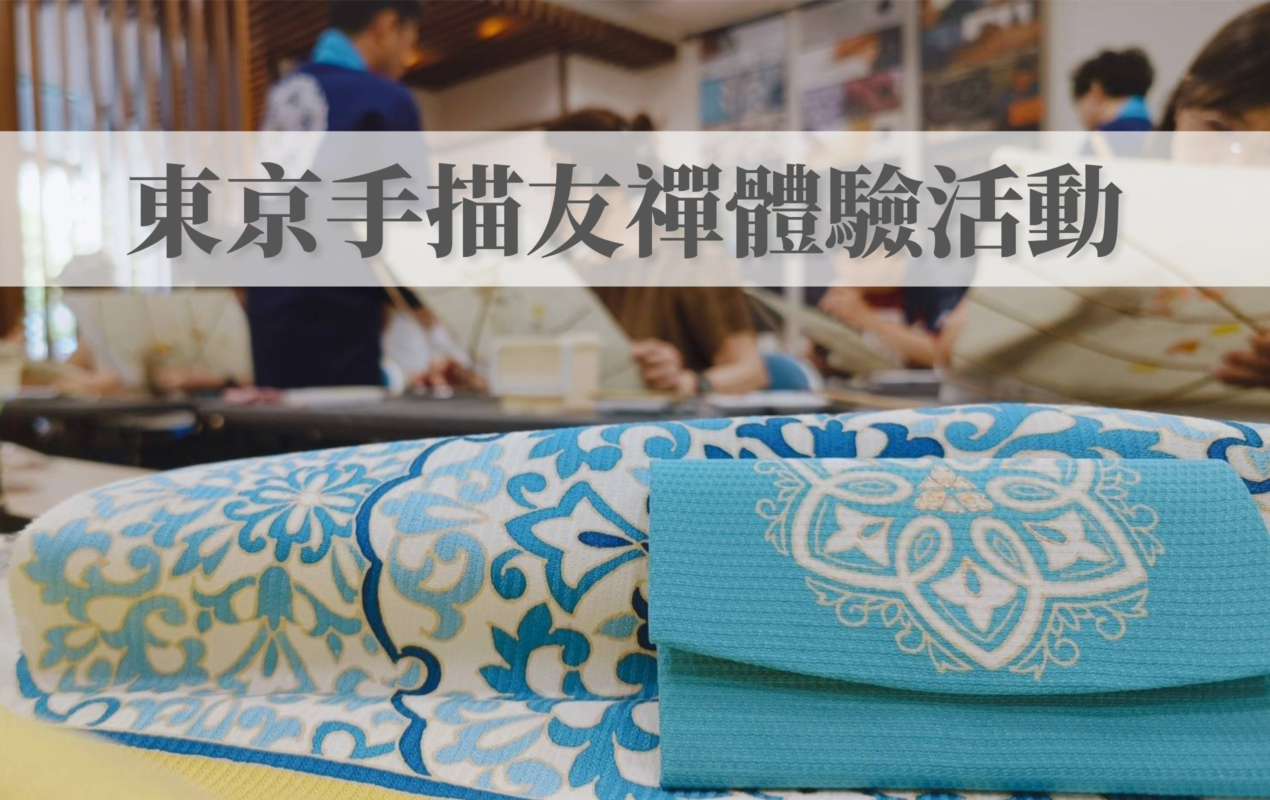Gensen Choshu (withholding at source) occurs when Taiwanese and other foreigners buy or sell real estate in Japan.
In Japan, regardless of nationality, place of residence or type of visa held, even foreigners can carry out transactions relating to real estate, including the sale, purchase, donation and inheritance of land and buildings.
An important key word in these property transactions is 'withholding tax'.
This section provides an overview of how withholding tax works in Japan.
Withholding Tax
Withholding at source" is a type of income tax in Japan, whereby the employer deducts income tax on your income from your salary, bonus or remuneration in advance and pays it to the State on your behalf.
This system of deducting tax from salaries, bonuses and remuneration is the 'withholding tax system'. Eligible payers, such as companies, cooperatives, schools and public offices, are called 'withholding agents', and basically all organisations that conduct business are obliged to withhold tax.
Income tax is levied on income (profit), so simply 'owning' Japanese real estate by a foreigner does not give rise to income tax and there is no obligation to withhold tax.
Income tax is levied when 'real estate income' arises from renting property or when 'transfer income' arises from selling property, and the obligation to withhold tax arises.
A similar system exists for business income tax in Taiwan, where, according to Article 92 of the Taiwan Income Tax Act, 'individuals not residing in the territory of the Republic of China or commercial enterprises without a fixed place of business in the Republic of China' are subject to withholding at source. The ROC is subject to various types of business income tax as stipulated in Article 88. Withholding agents are obliged to pay withholding tax to the State upon receipt of income within 10 days from the date of withholding and issue a tax payment certificate.
In order to actually receive income tax from a foreign individual or company, the domestic taxpayer needs to pay the tax to the Government in advance, and if the owner of the Japanese property is a 'foreigner', a 'withholding tax' must be paid to the Japanese Government in advance on the rental or sale value of the property.
With regard to real estate, the withholding tax for 'foreign residents' is set out as follows
When Renting a Property
If the lessor is a non-resident (not based in Japan or has been resident for less than one year) and the lessee is a legal entity that leases for profit, the lessee is a 'withholding agent' and is subject to withholding tax at 20.42% on the rental income.
If the lessee is an individual and rents the property for his/her own or a relative's residence, no tax withholding is required.
When Selling Real Estate
When non-residents sell real estate, they are obliged to pay withholding tax equivalent to 10.21% from the sale proceeds to the tax office.
The amount paid to the non-resident is equivalent to 89.79% of the amount paid, and the 10.21% withheld at source is to be paid to the tax office by the 10th of the month following the payment by the purchaser of the property. The non-resident who has sold the property can settle the amount withheld by filing a final tax return and receive a refund of the excess amount over the tax due.
No withholding tax is required if the purchase price of the property is less than JPY 100 million and the individual who purchased the property is using it for his or her own residence or that of his or her relatives.
When a foreigner buys or sells real estate in Japan, it is important to have the correct knowledge of tax issues and follow the appropriate procedures, and it is recommended to consult tax and real estate transaction specialists for support.








